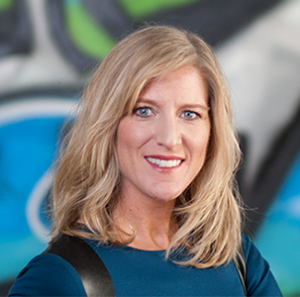
Brooke Steger, GM of Uber
Is your UberX car going to smell like the last Chicken Tikka delivery it just made for UberEats?
Do I now have to tip? That was a key part of the magic.
Uber is doing awesome things all over the world, and tech hub Seattle has been a great test bed for the company’s new service offerings.
But it hasn’t been easy. Brooke Steger, Uber’s GM for six states in the Pacific Northwest has in just under four years worked through controversy over business models, regulation, safety, aggressive driver recruiting tactics, bad press for their Founder, and more. She’s also helped introduce her region to UberEats, UberPool, UberHop (yeah I know, what’s that?!), scholarships for drivers, and more.
We dive into Uber topics both globally, and some Northwest specific things. Ever wonder where all those black cars were hiding before Uber, or how much a driver can make in an evening? How is Uber partnering with Seattle Metro transit to reduce commute transit times.
How should Uber’s entrance into Seattle been handled differently (if it should have been)?
Brooke’s story is compelling. A UW grad, she took some time to teach Physics and Computer Science to kids in Mexico, she jumped into tech via a Craigslist ad and has never looked back.
Podcast: Play in new window | Download
Subscribe on your smartphone: Apple Podcasts | Android | RSS | More Options





